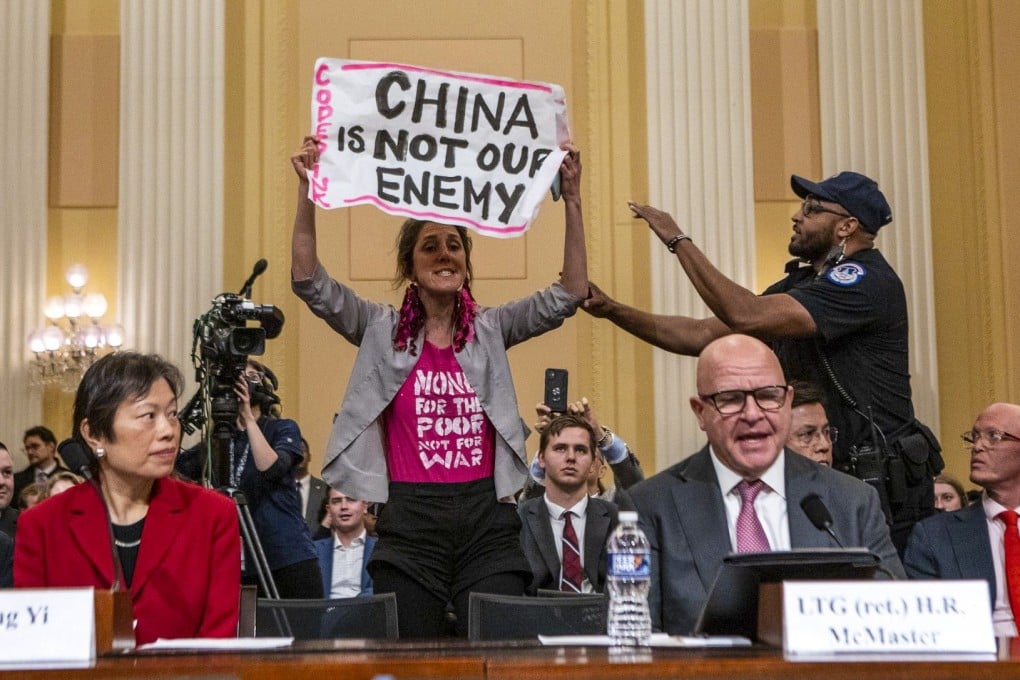Opinion | US pandemic of dogmatism about China must end before it leads to war
- A recently published oral history of American foreign correspondents in China highlights how the best journalists recognise their limitations
- In contrast, the current political climate in the US has encouraged the repetition of the same stagnant facts, leaving no room for new narratives about China

Over the decades, even during rare warmish breaks in the tundra of US-China relations, I do not think I ran across a single American foreign correspondent who claimed that their Beijing posting was an easy job.
The other day, while thoroughly enjoying former CNN Beijing bureau chief Mike Chinoy’s new book, Assignment China: An Oral History of American Journalists in the People’s Republic, it came to me that in one way or another I’d crossed paths with more than a few American foreign correspondents in China, and that the ones I remembered best were always the last to ever trumpet know-it-all predictions about the country.
In all fairness, China is far from the only country that would like to do without prying foreign journalists. But many in the marvellous Chinoy account tried hard and were well-trained reporters. They are anything but, in most cases, “destined for war” geeks theorising from a faraway university, “China-collapsing” doomsayers, or the paranoid who see Chinese strategic planners as hitmen using AI to target the US.
To their credit, the best of the Western journalists who relived their experiences in Chinoy’s oral history recognised their limitations, and even armed with impressive American university educations, grasped that the mandated empiricism in their reporting was not quite enough.
Aiming for precise measurements of China is impossible. US journalists start with such handicaps. They deplane in China with core values nailed onto their mental DNA. No matter how effortlessly they speak the local language or read so-called simplified Chinese, they are strangers in a strange land. They often find the Chinese who will talk to them uncommonly warm, but the government a party-run school of cold fish.
